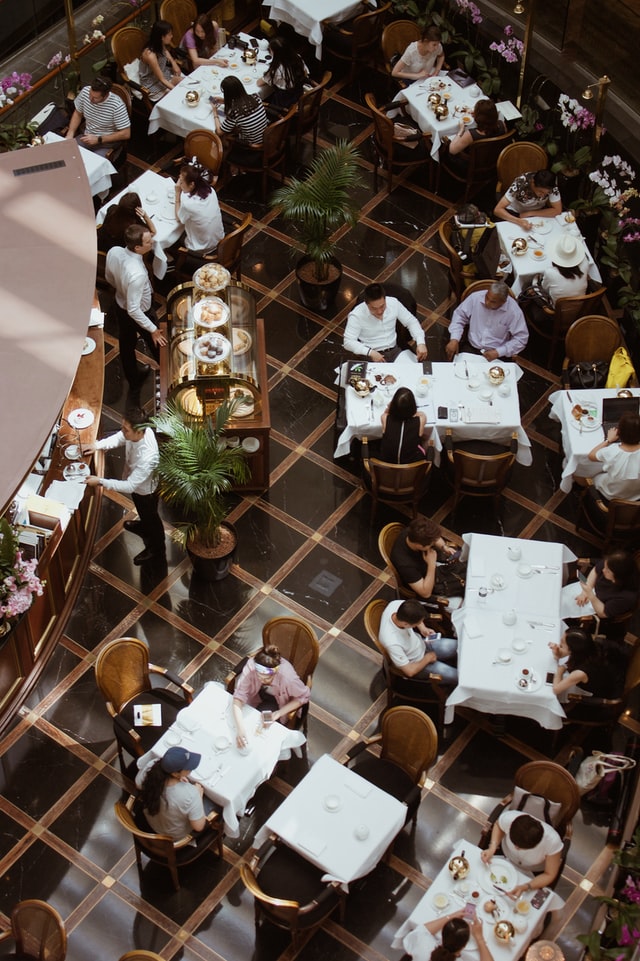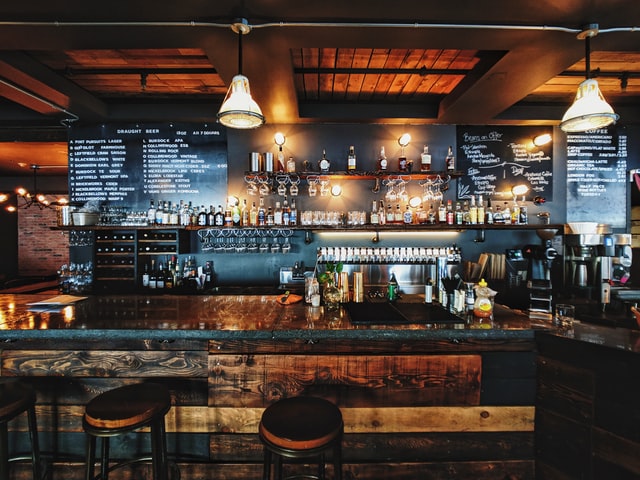If a customer of a restaurant sustains injuries because of unsafe conditions of the property, it may be possible for the victim to bring a personal injury lawsuit against the owner. In order for this to be successful, the injury victim will need to prove:
- The defendant owned, controlled, or occupied the property at the time of the injury
- The defendant was negligent in the maintenance of the property
- The plaintiff was injured or harmed
- Negligence on the part of the defendant was a significant factor in causing the plaintiff’s harm
The restaurant owner is the person responsible for keeping all areas of the restaurant in a safe condition. This includes the entrance, the lobby or waiting area, kitchen, and dining room. It also extends to keeping the parking lot safe. These types of accidents happen routinely, as seen in Ritter v. Gas-Mart US., Inc., and Von Euw v. Frisco, LLC.
How much can I recover for my injuries?
When filing a personal injury lawsuit, victims can expect to recover monetary damages for their injuries and losses. These damages may include:
- Medical bills and liens
- Future medical care
- Lost wages
- Loss of potential wages or earning capacity
- Disfigurement or permanent disability
- Pain and suffering
Depending on the severity of the accident, and the injuries that occurred, the victim may pass away before beginning legal action. When this happens, a surviving family member may be able to file a wrongful death lawsuit on behalf of a loved one. Damages for cases like these can include the previously mentioned items, plus funeral and burial expenses, and the loss of earnings that the loved one would have provided.
Family members who can sue for damages include the spouse or domestic partner, surviving children (or grandchildren if there are no children), or anyone else who qualifies under law as a survivor successor, or next of kin.




